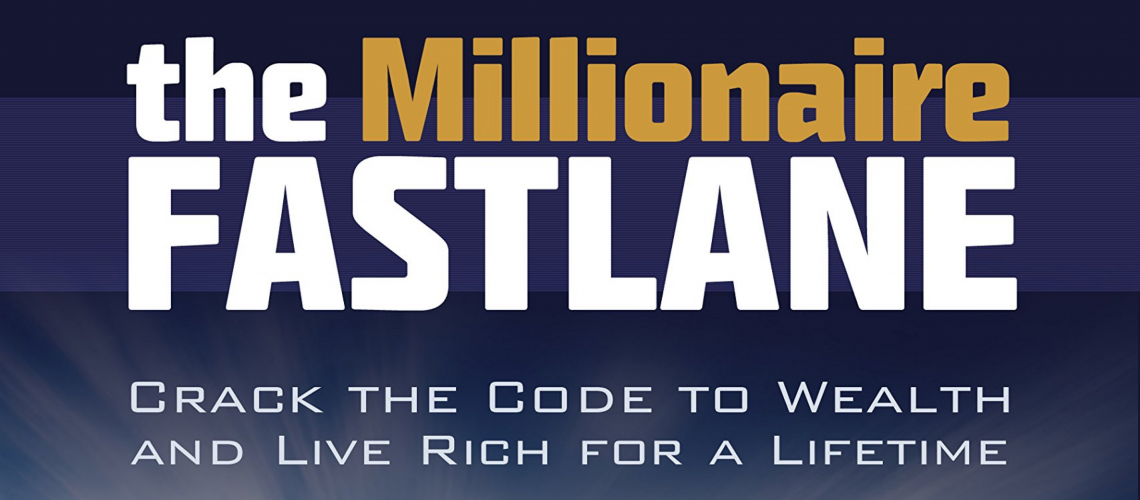The Five Commandments From The Millionaire Fastlane
To a lot of people, the word “business” just means one thing. However, there are some really good businesses and then there are some really shitty businesses. There are businesses where I would rather work at a 9-5 than own the business.
What makes a great business are these commandments. Why is it for example that I would rather create an information product than own a local restaurant or rely on an affiliate model? The commandments answer a lot of these questions.
Does Your Business Idea Suck? The Five Commandments From the Millionaire Fastlane Video Review By FightMediocrity
Key Takeaways
How to lay the foundation for a business that just doesn’t pay bills for the month, but could pay them for a lifetime. Either through exponential profit or through a multi million dollar liquidation event. If you reverse engineer the business of any millionaire or billionaire success story, 9/10, you’ll find the CENTS Commandments. 5 tests of efficacy which will give you better probabilities of building businesses with life changing outcomes.
- (C) Control: the commandment of control is like the land in which you build your business. Do you own that land? Or is it leased or controlled by someone else. Can some person, entity, or company arbitrarily slip the rug from out under you and your business and cause an immediate business catastrophe?
If 100% of your customers come from a free google search, compliments of a decent SEO ranking, you’re violating control. One google algorithm change can kill your business. If 99% of your product sales come from one channel (ex. Walmart or Amazon), your violating control.
This is why it is not recommended to have multi level marketing/affiliate marketing or any business structure which you rely on a 3rd party to honor agreements. If the 3rd party changes a policy, goes bankrupt, or changes something, you’re the one left dealing with it. This doesn’t mean that they aren’t profitable or worthwhile, just realize the risk associated with them.
- (E) Entry: the commandment of entry asks, how easy or difficult is it getting in the business? How strong is the door to your company? If anyone can start the business you’re in, you are violating entry. A business that has zero entry barriers is a cattle call. The essence of entrepreneurship is problem solving and the problem you’re solving must have an element of difficulty. The difficulty is the opportunity.
- (N) Need: the only reasons for businesses to exist is to solve a problem. When problems are solved, money is exchanged. If you solve problems, make things easier, eradicate inconvenience, provide better service, fill needs, satisfy wants or cravings you have honored the commandment of need.
- (T) Time: ultimately your product or service must exist in time and stand alone without your connection to it. Does it serve while you’re away? The essence of the time commandment is for you to get away from the worst relationship ever created- your time for money.
Time honored businesses are usually involved in the act of creation (ex. food products, inventions, mobil apps, web app, software, games, books, anything that exists in space time despite your existence). Any time a creative effort exists independent of you, it also can sell independent of you, hence severing the time for money connection.
- (S) Scale: scale builds on time. While your creation exists disparate from your time, can it also be scaled or replicated with relative ease? It’s about easily replicating the difficulty of the problem you solved. Your product scales, but your work doesn’t.


